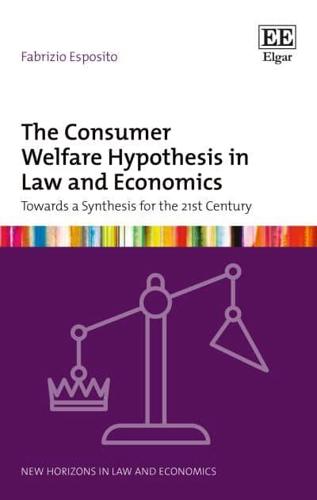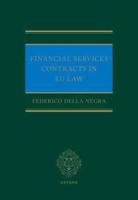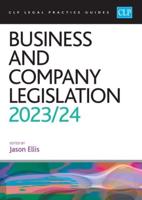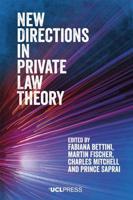Publisher's Synopsis
The Consumer Welfare Hypothesis in Law and Economics is a compelling account of market relations with firm roots in economic theory and legal practice. This incisive book challenges the mainstream view that allocative efficiency is about total welfare maximisation. Instead, it argues for the consumer welfare hypothesis, in which allocating resources efficiently means maximising consumer welfare, and demonstrates that legal structures such as antitrust and consumer law are in reality designed and practised with this goal in mind.
Using this paradigm, Fabrizio Esposito overcomes the opposition between efficiency and distribution and provides a firmer basis for debates about the foundations of contract law, antitrust law and consumer law, particularly in the European Union. The outcome is a bilateral view of the connection between the law and the economy and a rich research agenda to further understanding of the legal-economic nexus.
Scholars and students of law and economics, as well as contract, consumer and antitrust and competition law will find this book a thought-provoking study. Its innovative yet straightforward conceptual framework will also be of interest to practitioners, policymakers and stakeholders in these fields.









